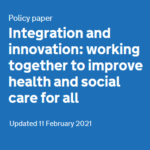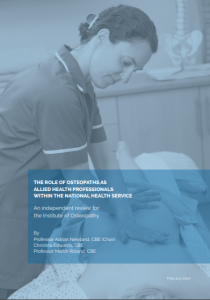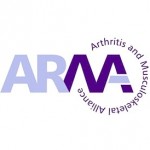NHS England has launched a new programme with the aim of sustaining the delivery of evidence-informed, personalised, high-quality integrated healthcare of value to all. This new initiative, part of the Pathways for Better Health Programme, significantly increases the resource to support MSK service delivery.
The programme covers the breadth of MSK including orthopaedics, rheumatology and pain, spanning primary secondary and community services. You can watch the launch event here.
The programme has ten workstreams, each led by a relevant clinical specialist:
- Diagnostics
- Orthopaedics
- Rheumatology
- Primary and Community MSK Provision
- Spinal Services
- Falls, Fragility Fractures and Osteoporosis
- Data, Validation and Coding
- Communications and Developing MSK Networks
- Supporting those with Long Term MSK Conditions
- Outpatients
There is the intention to ensure that the programme is coproduced involving the range of stakeholders including people with lived experience and patient organisations.…
Read more of this article




 The role of osteopaths as AHPs in the NHS
The role of osteopaths as AHPs in the NHS
 This joint response was issued by National Voices, The Arthritis and Musculoskeletal Alliance, Versus Arthritis, the MS Society, the Neurological Alliance and Healthwatch England.…
This joint response was issued by National Voices, The Arthritis and Musculoskeletal Alliance, Versus Arthritis, the MS Society, the Neurological Alliance and Healthwatch England.…  by Simon Chapman, Deputy Director, Personalised Care Group, NHS England.
by Simon Chapman, Deputy Director, Personalised Care Group, NHS England.
 by Duleep Allirajah, Assistant Director of Policy and Campaigns, RCGP
by Duleep Allirajah, Assistant Director of Policy and Campaigns, RCGP


 Since the NHS Long Term Plan (LTP) was published on 7 January 2019, the Universal Personalised Care: Implementing the Comprehensive Model has been published.
Since the NHS Long Term Plan (LTP) was published on 7 January 2019, the Universal Personalised Care: Implementing the Comprehensive Model has been published.
